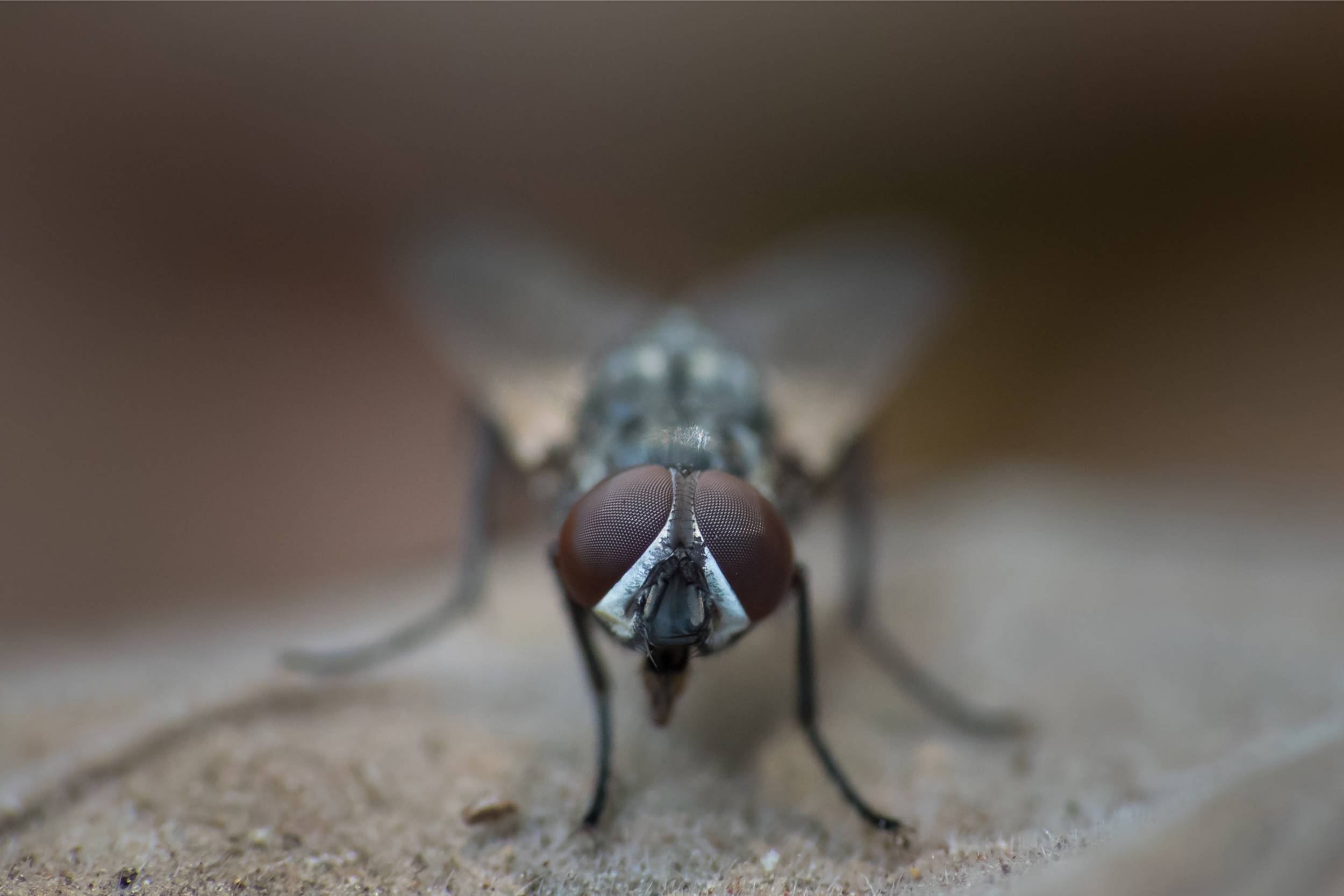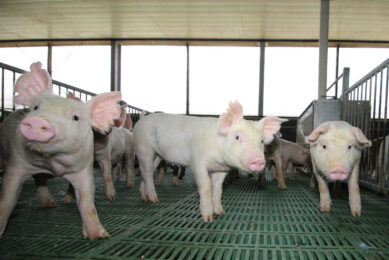Latin America on high alert because of ASF

Authorities, associations and producers throughout Latin America are on high alert about African Swine Fever (ASF) now the virus has surfaced in the Dominican Republic, the first case in the Americas in decades.
In Latin America, the “Crisis Committee PPA LatAm” has been formed by 22 national organisations from 18 countries in Latin America to prevent the disease advancing into the continent. The new body is carrying out a survey about regional actions and has started a collaborative effort to strengthen health defences throughout the continent.
Campaign: All against ASF
One of the initiatives was the establishment of an inter-country campaign to raise community and intra-sector awareness on the importance of preventive care. The initiative even has a website and a hashtag on social media, called #TodosContraLaPPA (#AllAgainstASF), and the campaign will be launched shortly with actions with producers, society and government leaders from countries like Brazil, Argentina, Mexico, Chile and others.
Text continues underneath image
By the World Organization for Animal Health (OIE), ASF is considered to be one of the most relevant diseases for the international trade of pork products. The disease can potentially decimate pig herds due to its high rate of transmission and mortality. The ASF epidemic has been persisting in Europe since 2007 but gained considerably in importance when late 2018 it was discovered in China, causing major loses and huge economic impact around the globe for several economic and social chains.
Measures to prevent ASF from entering Brazil
As main pig producer in Latin America, Brazil has set in motion its measures that includes total mobilisation of federal agricultural inspectors, a surveillance plan to check visitors from Dominican Republic and the reinforcement of preventive protocols in the farms.
The plan aims to inspect 100% of the luggage coming from the Dominican Republic, at the airports of Guarulhos, Galeão, Confins, Porto Alegre and Brasília. The actions to strengthen health surveillance are initially planned to last 8 months.
According to Geraldo Marcos de Moraes, director of the Animal Health Department at Brazilian Ministry of Agriculture, Livestock and Supply (MAPA), the plan includes meetings with representatives of the National Plan for Swine Health (PNSS) in each state of the federation.
Monitoring and reinforcing ASF safety procedures
The objective is to monitor the situation and reinforce safety procedures in each unit, intensifying surveillance and prevention activities for the disease, if necessary. The PNSS has been very successful on Classical Swine Fever (CSF) in the disease-free zone and will include ASF as well as Porcine Reproductive and Respiratory Syndrome (PRRS).
The initiative counts with 30 to 40 inspectors to work exclusively in that plan, moreover official veterinarians in each state of the country. These inspectors have an essential role to manage activities carried out by state agricultural health agencies.
“Billions of losses should ASF hit Brazil”
According to a study by the Getúlio Vargas Foundation (FGV), ASF in Brazil could provoke a loss US$ 5.5 billion just in the 1st year of a possible outbreak. The forecast would apply to the number of slaughtered pigs. Brazil has not registered ASF outbreaks since the early 1980s.

What happened when African Swine Fever was found in the Americas in the 1970s and 1980s? Pig Progress reconstructed the outbreaks
According to the Brazilian Association of Animal Protein (ABPA), Brazil is the 4th largest producer and exporter of pork in the world. In 2020, 4.43 million tonnes of pork were produced, about 4.54% of world production, and in total 1.02 million tonnes got exported, 23% of the national production, to 97 countries.
Strict biosecurity procedures are necessary
ABPA has reminded that strict biosecurity procedures adopted by the productive sector have been updated and disclosed to the technical board, with a special focus on the movement of people within the sector.
The organisation said, “The concern now is to reinforce the requirement to comply with quarantine for Brazilians and foreigners who work directly or indirectly in the productive sector, and who are returning to Brazil.”
Campaign: Brazil free from ASF
At the same time, the campaign “Brasil livre de PSA” (Brazil free from ASF) is focused on pig farmers throughout the country. The campaign brings alerts against visitation to farms, and indicates precautions to minimise the chances of the disease circulation.
Furthermore, the entity also convened the Special Group for the Prevention of African Swine Fever (GEPESA) – formed by technicians and specialists from associated organisations – to discuss new actions.
Ricardo Santin, ABPA president, said, “Immediately after the news was released, we established contact with MAPA and started negotiations for the composition of preventive measures in ports and airports, in addition to the farms, which are the main points of attention. The work continues to evolve in line with what the ministry has already successfully carried out.”













